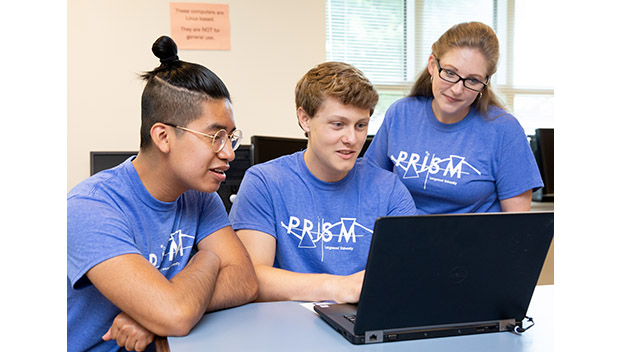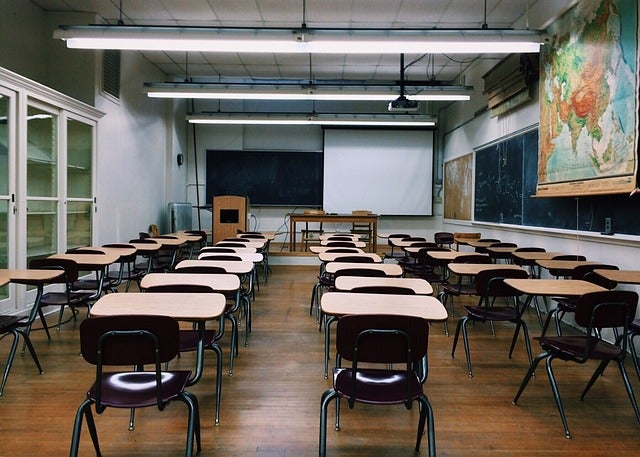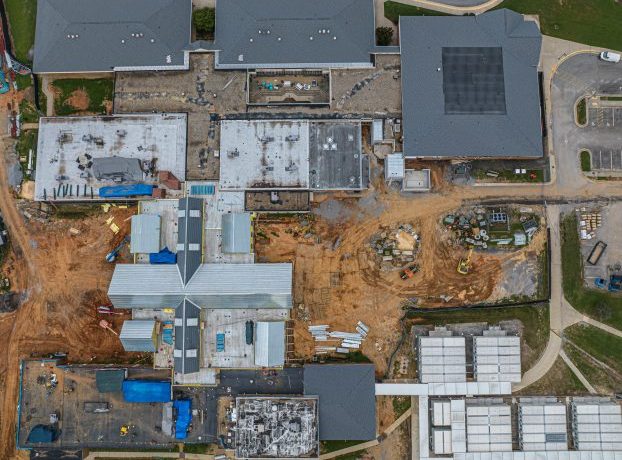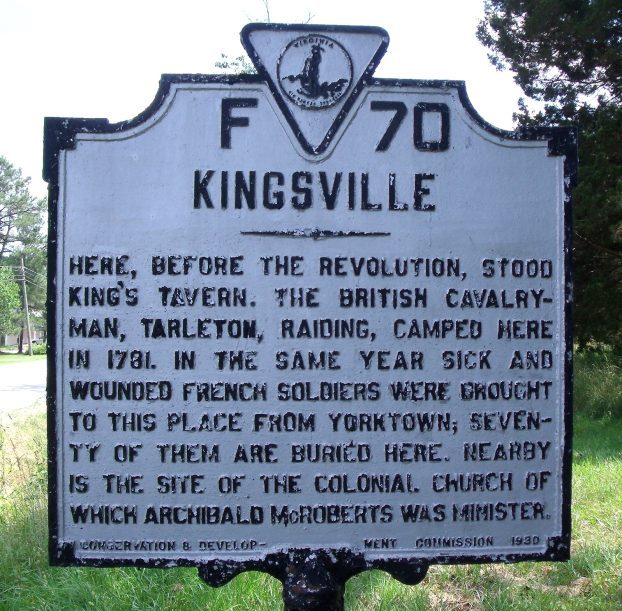Professor earns grant for rainwater testing research
Published 9:52 am Sunday, May 8, 2022
|
Getting your Trinity Audio player ready...
|
Dr. Kathy Gee, Longwood associate professor and program coordinator of integrated environmental sciences, has been awarded a $185,000 grant to evaluate new methods for measuring bacteria in harvested rainwater. The grant, awarded through the National Science Foundation’s (NSF) Engineering Research Initiative, includes funding to establish a new laboratory at Longwood that will allow Gee to conduct this and future environmental microbiology research.
Gee is the first faculty member in the Department of Biological and Environmental Sciences to receive an individual investigator NSF research grant.
Rainwater harvesting systems are important because they collect rainwater from roof surfaces and store it in a tank for later use. This stored rainwater is a critical resource in some parts of the world where rains are highly seasonal. Last summer, more than half of the western U.S experienced extreme drought conditions even as water demands increased for daily activities and key community needs like electrical generation. Stored rainwater can be used to address some needs, but the breadth of its applications is affected by the microorganisms that may be in the water. Gee plans to examine engineering solutions to reduce bacteria levels in rainwater harvesting systems and thereby support broader implementation of the systems.
Trending
Dr. Mark Fink, chair of the department of biological and environmental sciences, highlighted the role of rainwater harvesting in the Commonwealth.
“This is an ancient practice, and it’s easy to forget that it’s very relevant today,” Fink said. “Yes, it’s important that these systems support sustainability and stormwater management efforts, but there’s also a very human story here. In our state and region, some people live in rural homes without well water. They depend on rainwater to fill cisterns. Many Virginia families depend on these systems for their household water.”
Legionella, the bacteria that is the focus of the work, is a harmful pathogen found in rainwater harvesting systems. This pathogen can cause Legionnaires’ disease in immunocompromised persons as well as colds and other minor illnesses in others. Humans are exposed to Legionella by breathing in water droplets containing the pathogen.
Detecting this pathogen is important, and that is the crux of Gee’s work. Two methods are commonly used to detect and quantify Legionella in water sources, but, unfortunately, each has limitations that may lead to incomplete or inaccurate results. This project will test a recently developed method that has been shown to address some of the drawbacks of the more common methods. The grant will allow Gee and her research students to sample over 50 rainwater harvesting systems in the mid-Atlantic region using all three methods to determine how accurately they detect the pathogen’s presence and estimate its abundance. The results will be used to evaluate the risk to human health posed by rainwater harvesting systems containing Legionella.
“This allows students to do research that combines environmental field work and laboratory microbiology, and start to look at how microorganisms in the environment affect human health and other aspects of life,” Gee stated. “I also get to expand my knowledge into fields in which I have not worked before.”
This opportunity from NSF will provide learning opportunities not only for Gee and her students but for the general public as well. The results of this research study will be published in academic journals for other scholars in the field and also in extension publications that are widely available to everyone and relate the research to everyday life.
Trending
“To me, that’s a really important part of this, because the majority of people don’t read academic journals and therefore aren’t made aware of newly discovered knowledge,” Gee said. “Extension publications make this knowledge available to people in ways that help them understand how it affects them.”
Dr. Roger Byrne, dean of the Cook-Cole College of Arts and Sciences, noted that Gee’s research embodies Longwood’s mission of supporting and producing citizen leaders.
“This is a fantastic achievement by Dr. Gee, and a testament not only to her own research accomplishments but also to Longwood University as a place where cutting edge, important scientific inquiry occurs,” Byrne said. “This project will provide opportunities for Longwood students to participate and learn, and the results of the study will provide important new information in our efforts to understand the human health risks associated with rainwater harvesting.”
The NSF, established in 1950 by Congress, is an independent government agency that promotes environmental and scientific prosperity and works to “advance the national health, prosperity and welfare.” The agency achieves this by funding research in the sciences and allied fields, including engineering.






